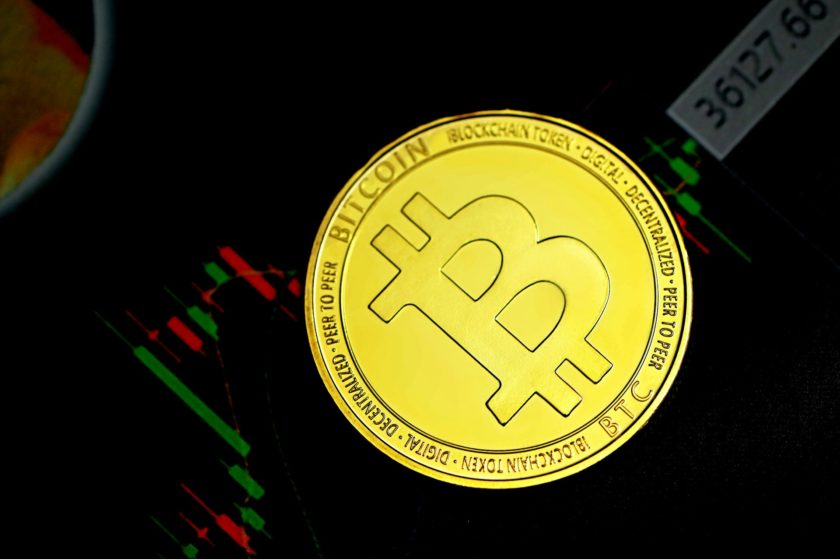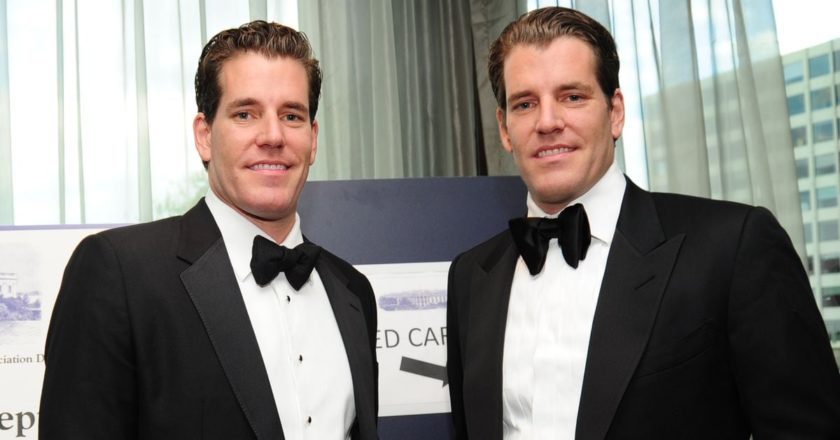One of the present commissioners of the U.S. Securities and Exchange Commission (SEC) made the conjecture that the U.S. should learn from other countries regarding cryptocurrency regulation during a convergence forum held by Singapore University of Social Sciences.
Commissioner Hester Peirce, in some circles known as the ‘Crypto Mom,’ explained that in her opinion although a single global regulatory framework would be a disaster, there is a need to learn from other international regulatory agencies. “Crypto regulation affords international regulators the opportunity to learn from one another,” she stressed.
She reminded her audience of her long-standing argument that if nothing critical would be done, the U.S. is likely to fall behind other countries in attracting crypto-related businesses. In fact, this is already the case. Businesses are taking operations outside the U.S. and some crypto businesses overseas no longer allow U.S. investors to participate in their trade.
Circle’s CEO Jeremy Allaire, who took his crypto-fintech company to Bermuda, also strengthened this point, advising the U.S. Senate Banking Committee to learn from the regulatory framework established by the Bermuda government. “The regulatory approach taken by the Bermuda Government can and should be emulated by other countries,” he stated.
SEC Commissioner Peirce also made the same suggestion, stating:
“Bermuda is one of the only jurisdictions to address the custody question in detail. In conjunction with a regulatory regime for digital asset businesses, the island also released draft guidance for crypto custodial services, which addresses such difficulties as how to store private keys for hot and cold storage while preserving necessary liquidity, what safeguards should be in place to prevent unauthorised access, and how to frame internal audit of transactions to ensure their integrity.”
It is without a doubt that Bermuda has set the pace for this remarkable phenomenon of a developing virtual currency. Therefore, it is a no-brainer for other countries struggling to control the crypto market to borrow a leaf or two from this impressive framework.
“I look forward, for example, to learning more about Bermuda’s custody framework to see if we can draw from it as we think about how our custody rules apply in the crypto context,” she added.
Vague Crypto Regulation in the U.S.
The U.S. is widely known for taking the front seat in most modern technologies. However, that statement doesn’t hold true in terms of the crypto sphere and blockchain technology as a whole.
The U.S. has maintained a rather conservative stand on the crypto industry. Operating in a country without clear rules about a digital product of global interest is not a smart move. You are not sure where the lines at, what to do and what not. This is the dilemma that crypto companies across the globe have found themselves lately.
Thankfully, a number of countries have awakened to the need to tame and sensibly regulate this new form of virtual trading. From France to Thailand, Japan, Malta, Hong Kong, Switzerland, and of course Bermuda, there are certainly some lessons that can be learned.




